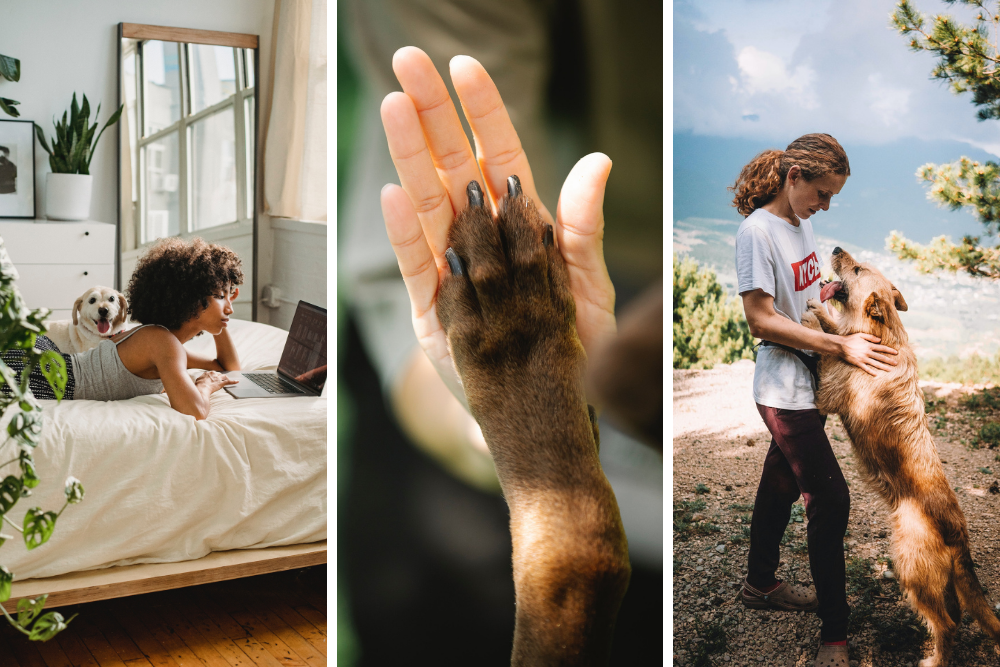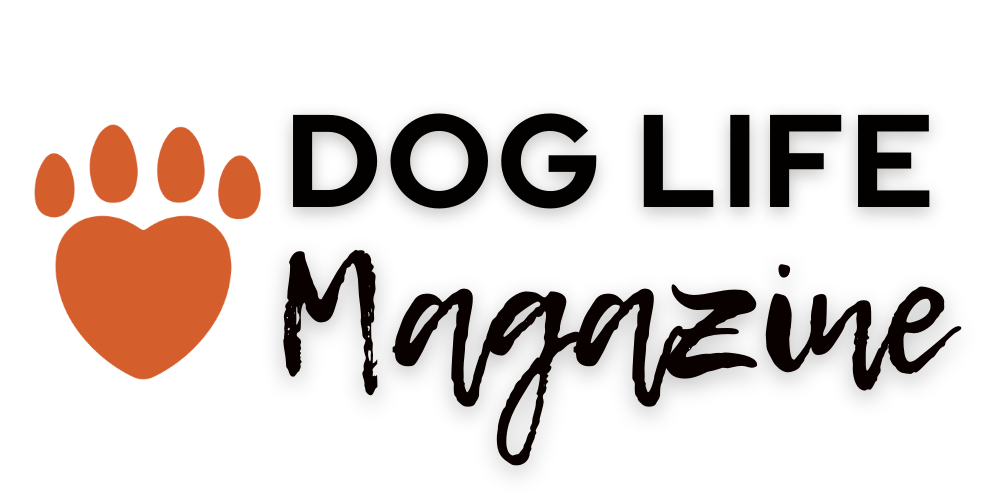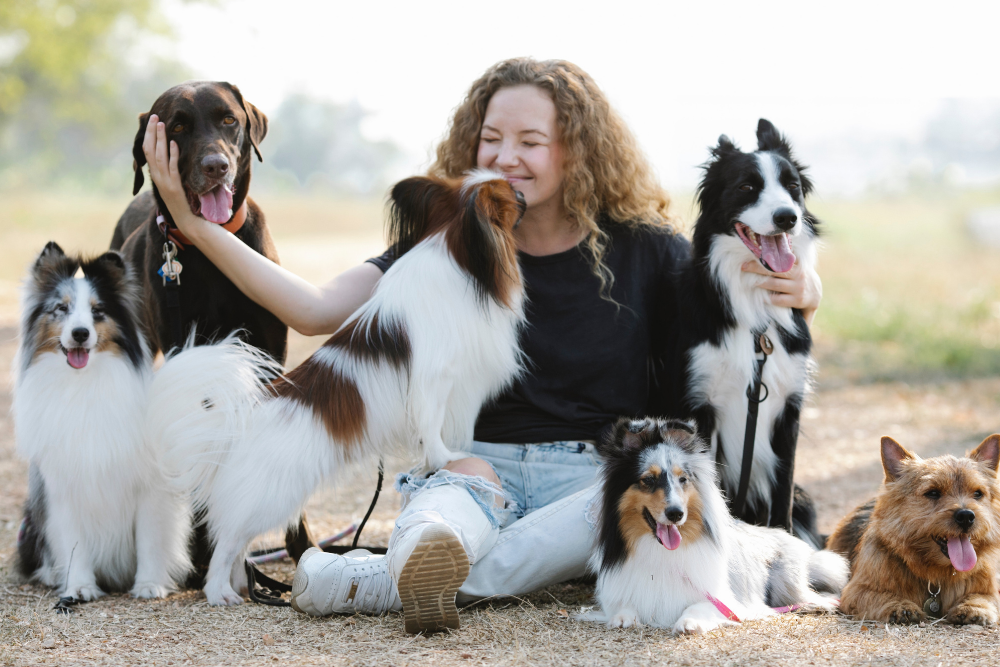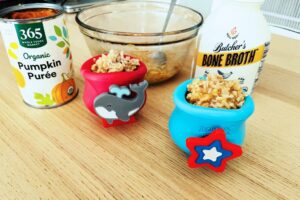The time has come. You’re ready to make a commitment to that heart thief who has you writing in emojis and buying a bigger bed. You drop to one knee, take her paw in your outstretched hand, and ask the magic question: “Will you be mine?” All that work to find the dog breed that is right for you has finally paid off. This is a match made in Heaven.
Before you go shopping for the perfect diamond collar to go with that proposal, do your homework. Not on diamonds and collars (yet), but on dogs and dog breeds.
This is, after all, a lifetime commitment you’re about to make.
Everything about bringing a pet – and specifically a dog – into your life can be summed up in five words: Set everyone up to succeed.
Sounds easy enough, especially if you are single and unencumbered by other personalities weighing in on the decision.
But finding the dog breed that is right for you is about far more than fun window-shopping and planning your new sidekick’s Insta page. It’s about matching your personality with a canine’s dogality.
Where and how do you even start? Do you go to your local shelter and let your heart guide you? Do you contact a breeder? Do you go for a puppy or a senior?
Do you consider fostering a dog first to test out the experience?
In order to avoid the overwhelm that can easily happen when choosing a dog breed, start with where you are most familiar: yourself.
Here is a sample questionnaire, a dog breed quiz, to get you thinking about factors that could influence the other half of your pooch proposal.
Questions to Find Dog Breeds That Are Right For You:
- Am I single, dating, engaged, married? Do I have or plan to have children?
- Do I live in a house or an apartment? Do I have a secure, fenced-in yard? Are there stairs or elevators involved? Do I live in a quiet, rural area, or am I in a busy urban setting?
- Do I live on a farm or in an agricultural setting and therefore need to find the healthiest dog breeds that are also working or herding dogs?
- How old and physically fit am I? (No judgment here. You just want to make sure you and your dog are able to keep pace with one another.)
- Do I work a lot? Do I work at or away from home?
- What is my social life like? Do I come home from work, change clothes, and head back out for the night? Or am I kind of a homebody?
- Do I enjoy the outdoors – hiking, traveling, exploring?
- Have I grown up with animals, and specifically dogs? How did they fit into my family’s life and home?
- Do I care about finding non-shedding dog breeds or hypoallergenic dog breeds?
- Do I need to find dog breeds that are good with cats?
- Do I have neighbors above/below/adjacent to my home and therefore need to think about barking?
- Am I financially prepared to take care of a dog? (An adoption or breeder fee, after all, just gets your foot into the door of living with an animal.) What are the costs of owning a dog?
- Do I see myself with a small, medium, or large dog?
- Am I an exercise freak or a couch potato?
- Am I a patient person? A calm person? Introvert or extrovert? Demanding or go-with-the-flow?
- Do I have past experience living with or raising dogs?
- Do I have people in my life to help me with my dog?
- Do I have physical, emotional, and/or medical needs that would benefit from a service dog?
Dang. It’s a lot. But, once you realize that what you’re doing is creating a lifestyle and personality match, the work becomes fun. Seriously, the most difficult part is narrowing down your short list from, like, thirty to five.
Once you’ve been honest with yourself about yourself, It’s time to put all that info to work.
Keyword searches on the internet can get you started: Which dog breeds are the smartest? What are the most low-maintenance small dog breeds? What are some lazy dog breeds? What are the best dog breeds for families? What are the most affectionate dog breeds?
Get specific, write down your individual lifestyle traits that may influence the time you’ll have to devote to being a pet parent. Your career, the responsibilities, and what it demands of you directly affect your pet. For example, if you’re a trucker and take long road trips you may want to consider the best dog breeds for truckers.
However, in order to find the dog breed that is best for you, perhaps the savviest starting place is the American Kennel Club (AKC).
The AKC is behind all those full-of-attitude dog shows where owners, handlers, and even the dogs take their time in the ring very seriously.
They are, after all, there for more than the ribbons (although one might wonder). Their underlying commitment is to the preservation of breed standards, even as new breeds are introduced.
After your Thanksgiving Day Turkey Trot and Macy’s Parade, you probably lapse right into the Purina National Dog Show. If so, you will recognize the seven groups of dog breeds, all organized according to the original work they were designed to do.

Here are those seven groups of dog breeds, along with examples of each:
Sporting Group:
These dogs are all about giving their humans the bird.
Seriously, they were bred to assist hunters in the capture and retrieval of feathered game. They are the pointers, flushers, and water retrievers.
From medium dog breeds to large dog breeds, these dogs are smart and active, and you will also recognize many as favorites for family pets.
The Golden Retriever, Labrador Retriever, Spaniels (Springer, Cocker, Clumber), Pointers – these dogs make for good theater in the field and loyal companions in the home.Hound Group:
The Hounds were all bred to pursue warm-blooded quarry like rabbit, deer, and wild boar. They are the stalkers and chasers who either bring the hunter to the prey or the prey to the hunter.
Sighthounds (think Greyhound) have keen eyesight and can spot moving prey from a great distance before stealthily chasing it down. These are the cheetahs of the dog world – sleek, fast, quiet…pounce!
Scenthounds (think Bloodhound) can tirelessly track a scent until the prey is exhausted…or the subject of a detective case is found.
The Hounds have a very strong prey drive, making some of them difficult to obedience train for a home setting.
Examples in this group include the Bloodhound, Greyhound, Coonhound, Afghan, Beagle, and Dachshund.Working Group:
If you’re looking for guard dog breeds or dogs who aren’t too proud to work for a living, look no further. The workers need a job to do, and they have the strength and intelligence to do it.
The Rottweiler, Boxer, Husky, Newfoundland, Great Dane – these muscle-heads are familiar examples of working dogs.Terrier Group:
As the name implies, dogs in the Terrier Group are down-to-earth. Literally. Who needs a feline when you can have a varmint-chasing Terrier?
The Westie, Staffordshire, Jack Russell, and American Bull Terrier are popular breeds in this group.Toy Group:
Go ahead, buy the little bows and blinged-up sweaters. The Toys are all in with whatever makes you happy – as long as they get first dibs on your lap.
This is where to do your homework if you’re looking for the best small dog breeds or the best dog breeds for apartments.
The Chihuahua, Pug, Shih Tzu, and Affenpinscher will all do your bidding in exchange for your love and adoration.Herding Group:
The herders move livestock like sheep and cattle and work closely with their human shepherds.
What dog breeds are the smartest? You’ve come to the right group, as this is where you will find the likes of the Border Collie, Australian Shepherd, and German Shepherd.Non-Sporting Group:
Every categorization needs a leftover pile. And, when it comes to the doggos, the Non-Sporting Group is it.
These dogs specialize in companionship and, in the case of the Bulldog, being crowd-fav mascots.
Other examples in this group include the Dalmatian and Poodle.
There is no formula that will tell you how to find the dog breed that is right for you. After all, more than half the pooches living in US homes are mixed breeds. (Then again, aren’t we all?)
But a little dog-diligence will go a long way toward setting you and your new forever friend up for success.
And, no matter what breed or mix suits your personality and lifestyle, “Rescued” is always “Best in Show.”
Learn more about how to adopt a dog here.








